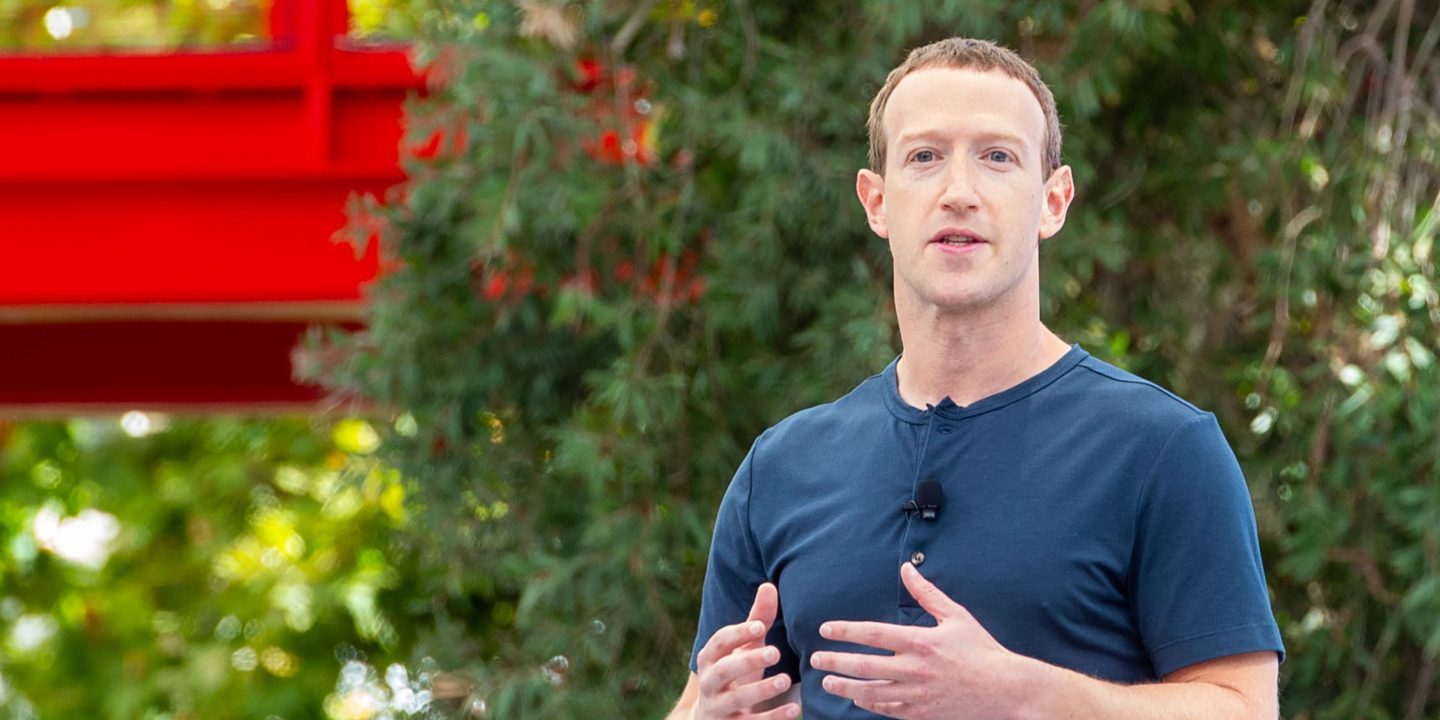On Wednesday (local time) it was that time again: Mark Zuckerberg said sorry. “I’m sorry for what you’ve been through,” emphasized the head of the Internet company Meta during a Senate hearing and addressed directly to parents whose children have become victims of cyberbullying. “No one should have to go through what you and your families have endured.”
Since Zuckerberg came into the media spotlight as the founder of the Meta platform Facebook, he has publicly asked for forgiveness countless times. While many other bosses in the technology industry only speak out in carefully staged product presentations, Zuckerberg makes it a point to speak out personally when Facebook is rocked by a scandal or users point out deficiencies. However, the truth is that the social network’s business practices always give cause for apology.
A by no means complete overview of Zuckerberg’s attempts to take the wind out of his critics’ sails with an apology.
– The Beacon Scandal
The first major Facebook privacy breach involved a service called Beacon, which the platform introduced in 2007. Beacon was intended to usher in a new era of “social” advertising: User purchases and activities were registered on other websites and displayed in the news feeds of user friends without being asked. After an outcry, Zuckerberg wrote in a blog post that “we made a lot of mistakes in developing this feature, but even more in the way we handled it.” Beacon was soon history.
– Mocking the first users
As a 19-year-old, Zuckerberg made fun of the approximately 4,000 students who were the first to register on the then new platform Facebook. In text messages to friends, he bragged about the vast amount of personal data he was able to collect because young people trusted his network. Zuckerberg called her “stupid” and called her names. When a news site published the statements in 2010, Zuckerberg apologized in an interview with The New Yorker magazine and said he absolutely regretted the comments.
– Criticism from data protection advocates
On November 9, 2011, the US Federal Trade Commission reprimanded the company. The list of allegations was long. Facebook published information shared privately by users arbitrarily and without prior notice and did not restrict the transfer of data to apps, even if users had activated restrictive settings. In addition, Facebook passed on users’ personal information to advertisers, although it had previously assured them not to do so.
That same day, Zuckerberg published a 1,418-word essay titled “Our Commitment to the Facebook Community.” In it he spoke of a “bunch of mistakes” that Facebook had made. However, he didn’t mention the Federal Trade Commission’s criticism until a third of the way through the text.
– VR tour through the disaster area
On October 9, 2017, Zuckerberg promoted the possibilities that virtual reality offers people. To do this, he and a Facebook employee were beamed to Puerto Rico, which had recently been hit by a hurricane. Zuckerberg described the computer-generated illusion of walking through a destroyed landscape as “truly magical.” When many viewers complained about his flippant comments, Zuckerberg posted an apology in the video chat. He asked for forgiveness from everyone who felt attacked.
– Campaign worker for Donald Trump
In 2018, it was revealed that Facebook had enabled hundreds of apps to secretly access large amounts of user data. The public discussion quickly focused on an app that collected data from 87 million Facebook customers and passed it on to the British company Cambridge Analytica. That in turn had connections to Steve Bannon, at the time the political strategist for then US President Donald Trump. The data was reportedly used to target voters during the 2016 presidential campaign.
Zuckerberg initially apologized to CNN for the scandal and asserted that Facebook had a responsibility to protect its users’ data. If this doesn’t happen, “we don’t deserve to have the opportunity to serve people.” He later said during a hearing before the US Congress that “we have not assumed our responsibilities fully enough.” He also acknowledged failures to combat fake news and hate speech, inadequate data protection controls and inadequate measures to prevent foreign interference in the 2016 election.
